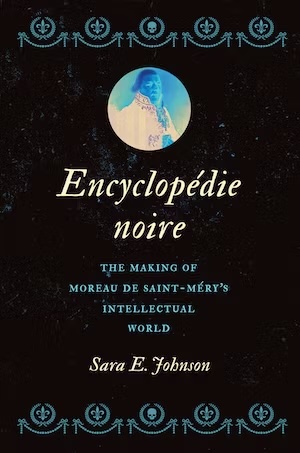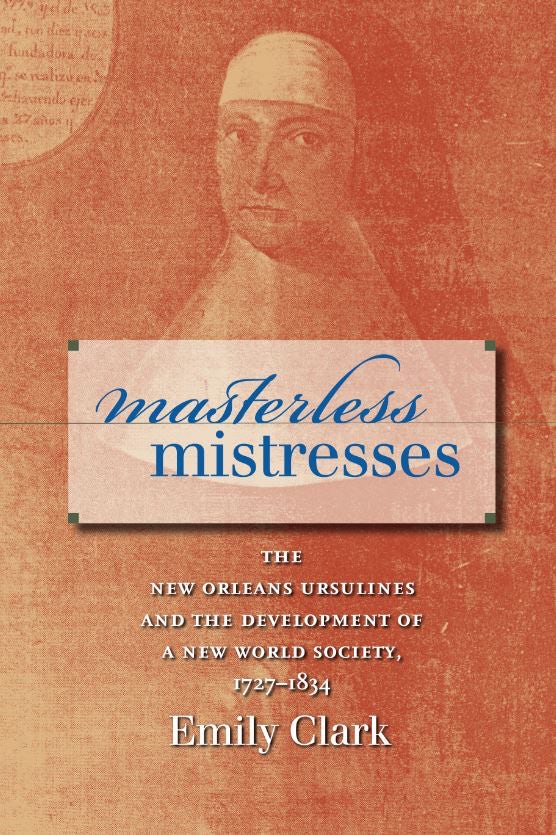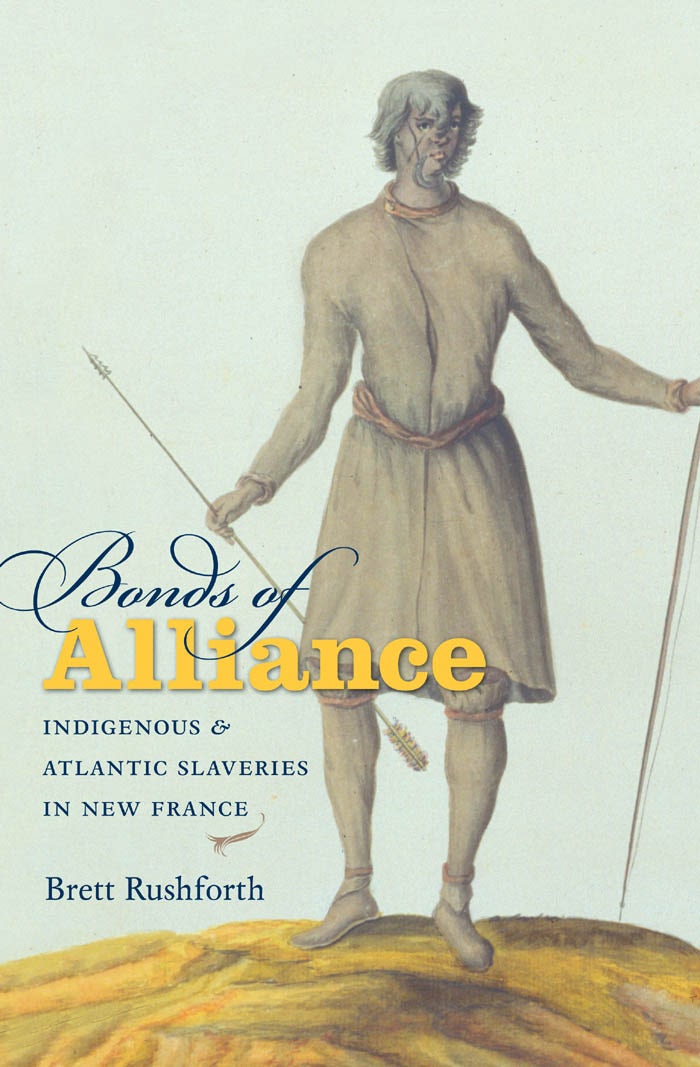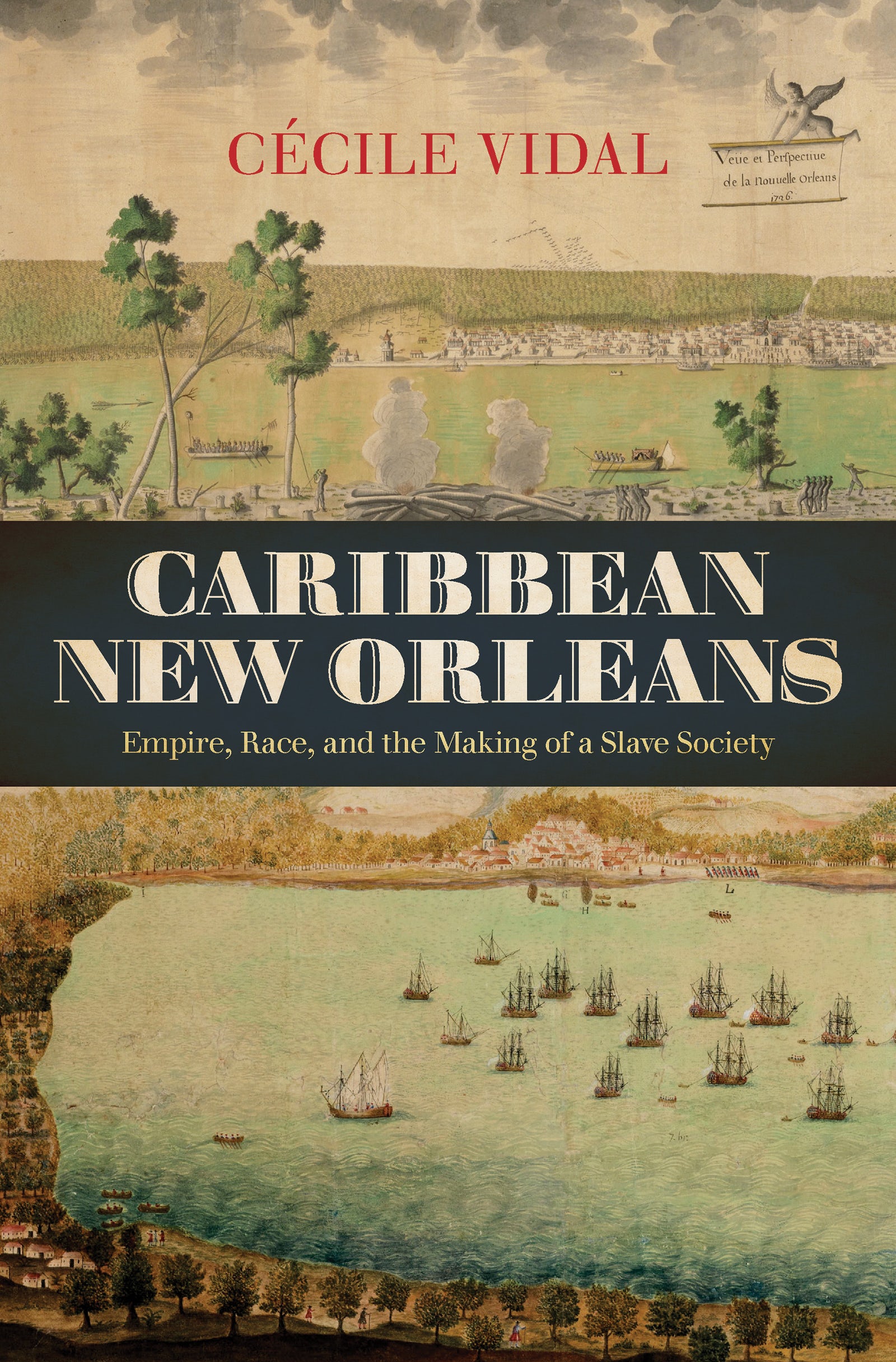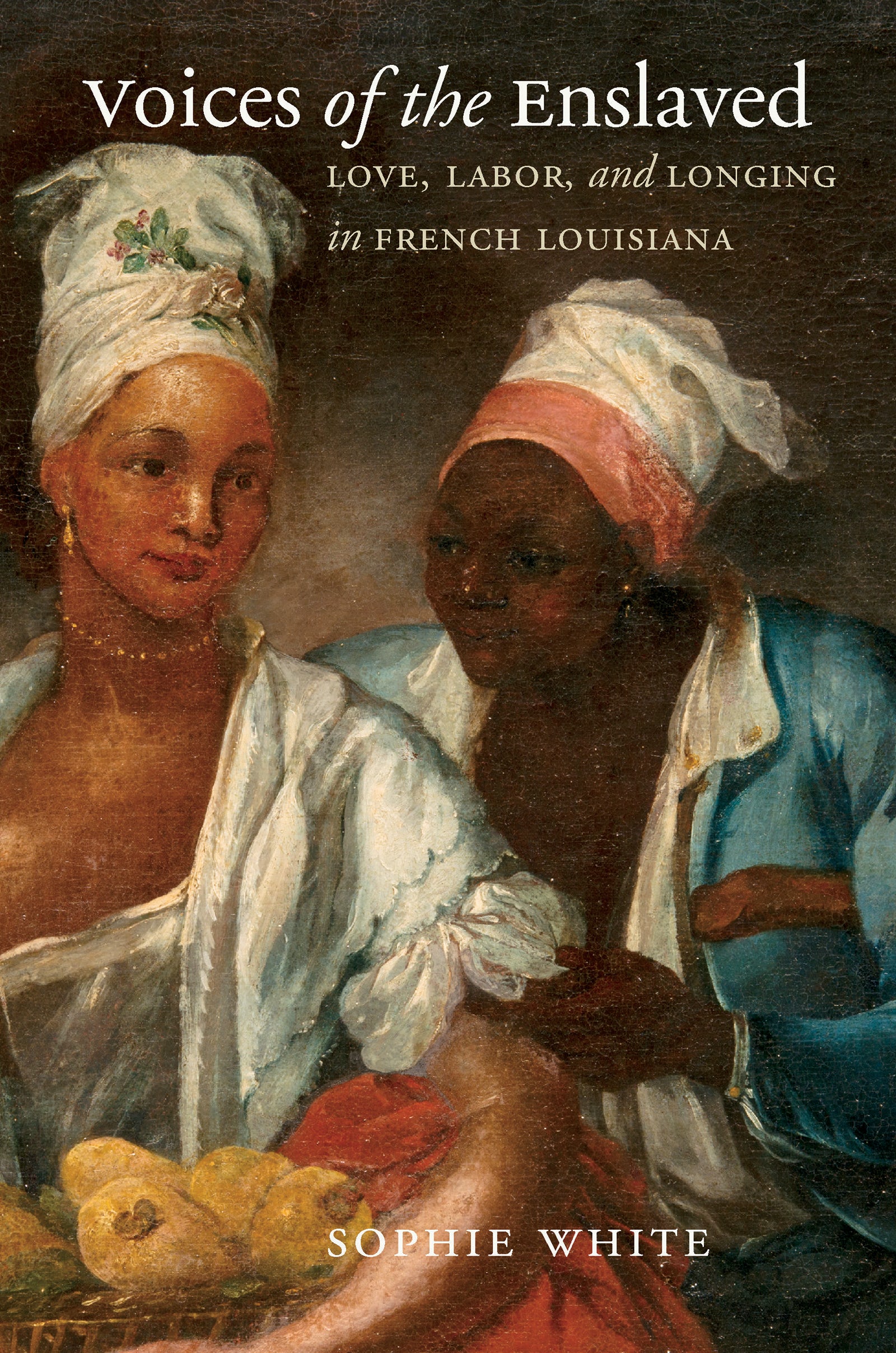
Voices of the Enslaved
Description
In eighteenth-century New Orleans, the legal testimony of some 150 enslaved women and men–like the testimony of free colonists–was meticulously recorded and preserved. Questioned in criminal trials as defendants, victims, and witnesses about attacks, murders, robberies, and escapes, they answered with stories about themselves, stories that rebutted the premise on which slavery was founded.
Focusing on four especially dramatic court cases, Voices of the Enslaved draws us into Louisiana’s courtrooms, prisons, courtyards, plantations, bayous, and convents to understand how the enslaved viewed and experienced their worlds. As they testified, these individuals charted their movement between West African, indigenous, and colonial cultures; they pronounced their moral and religious values; and they registered their responses to labor, to violence, and, above all, to the intimate romantic and familial bonds they sought to create and protect. Their words–punctuated by the cadences of Creole and rich with metaphor–produced riveting autobiographical narratives as they veered from the questions posed by interrogators.
Carefully assessing what we can discover, what we might guess, and what has been lost forever, Sophie White offers both a richly textured account of slavery in French Louisiana and a powerful meditation on the limits and possibilities of the archive.
About The Author
Sophie White is professor of American studies at the University of Notre Dame. She is the author of Wild Frenchmen and Frenchified Indians: Material Culture and Race in Colonial Louisiana and co-editor of Hearing Enslaved Voices: African and Indian Slave Testimony in British and French America, 1700-1848.
Awards
Kemper and Leila Williams Prize in Louisiana History, Historic New Orleans Collection and the Louisiana Historical Association (2019)
James A. Rawley Prize, American Historical Association (2020)
Shortlisted, Kenshur Prize, Center for Eighteenth-Century Studies (2020)
Co-Winner, Summerlee Book Prize, Center for History and Culture of Southeast Texas and the Upper Gulf South at Lamar University (2020)
Mary Alice and Philip Boucher Book Prize, French Colonial Historical Society (2020)
Frederick Douglass Book Prize, Gilder Lehrman Center for the Study of Slavery, Resistance, and Abolition (2020)
Honorable Mention, The Merle Curti Award, Organization of American Historians (2020)
Co-Winner, Rosalyn Terborg-Penn Book Prize, The Association for the Study of the Worldwide African Diaspora (ASWAD) (2020)
Finalist, Sterling Stuckey Book Prize, The Association for the Study of the Worldwide African Diaspora (ASWAD) (2020)
Deep South Book Prize, Summersell Center for the Study of the South at the University of Alabama (2021)
Reviews
“Through meticulously recorded and preserved legal testimony derived from criminal trials in 18th-century New Orleans, White details how slaves perceived their own cultural reality as well as that of the ruling masters. The stories provided offer insight into their morals, societal values, and views on labor, violence, and familial bonds. The author intersperses her narrative with records in French and includes multiple paintings, samples of documented testimony, maps, and architectural sketches that help bring these figures and their plight to life. . . . Graduate students and professionals will find it uniquely enlightening.”—CHOICE
“A remarkable achievement of historical interpretation from fragmentary documents, even sources as comparably rich as court transcripts, and . . . an impressive contribution to scholarship on the African diaspora in the French Atlantic.”—H-Net Reviews
“A compelling and insightful chronicle of the lives of individual enslaved men and women in French colonial Louisiana.”—Journal of Southern History
“Any effort to review this work can only fall short because of the sheer beauty of White’s written word and the profound depictions that she pens.”—Journal of Early American History
“This meticulously researched and lyrically written study offers a road map through the archives and a reconceptualization of the autobiography of the enslaved in the Atlantic world. Sophie White’s interpretive strategies wrest a vibrant and complex history of slavery from testimony, court proceedings, and the voices of the enslaved themselves. A genre-busting book.”–Jennifer L. Morgan, New York University
“With subtle analysis and empathetic storytelling, Voices of the Enslaved uncovers a stunning level of detail about how enslaved people experienced and resisted their bondage, how they managed profound loss and imagined possible futures. In their own words, and with vivid flashes of personality, the enslaved reveal their inner worlds like never before. A remarkable achievement.”–Brett Rushforth, University of Oregon
“White brings readers into the world slaves made for themselves, illuminating their attachments as well as their conflicts. With its remarkable anthropological sensitivity, her book is an insightful tribute to those who fought to make their voices heard.”–Cecile Vidal, Ecole des Hautes Etudes en Sciences Sociales, Paris
“In a marvelous act of recovery, translation, and storytelling, Sophie White resurrects the sounds and sights of enslavement on the edge of the French Empire, revealing a place we might have thought we would never see. An original and startling book.”–David W. Blight, Yale University
OI Author Conversation with Carolyn Eastman and Sophie White
“Voices of the Enslaved: A Digital Humanities Approach to Encountering the Archive”

“Voices of the Enslaved: A Digital Humanities Approach to Encountering the Archive” is an open-access extension of Sophie White’s award-winning Voices of the Enslaved. Exploring four new trials from eighteenth-century French Louisiana in which enslaved deponents ranging from an elderly man to an eleven-year-old girl testified in court, this peer-reviewed digital project offers rich and unparalleled access to the thoughts and experiences of historical subjects typically silenced in the archive.
The site is designed to encourage students to interact with and interrogate the archive with easy-to-maneuver renderings of the original trial records, side-by-side presentations of French transcriptions and English translations of the trial documents, and audio recordings in French and English by researcher and Louisiana Creole advocate Tiffany Guillory Thomas.
The site also includes introductory material aimed to spark discussion around themes highlighted in each court case, making it an invaluable tool for instructors of slavery studies, legal history, gender and sexuality, and the French Atlantic world at both undergraduate and graduate levels.
